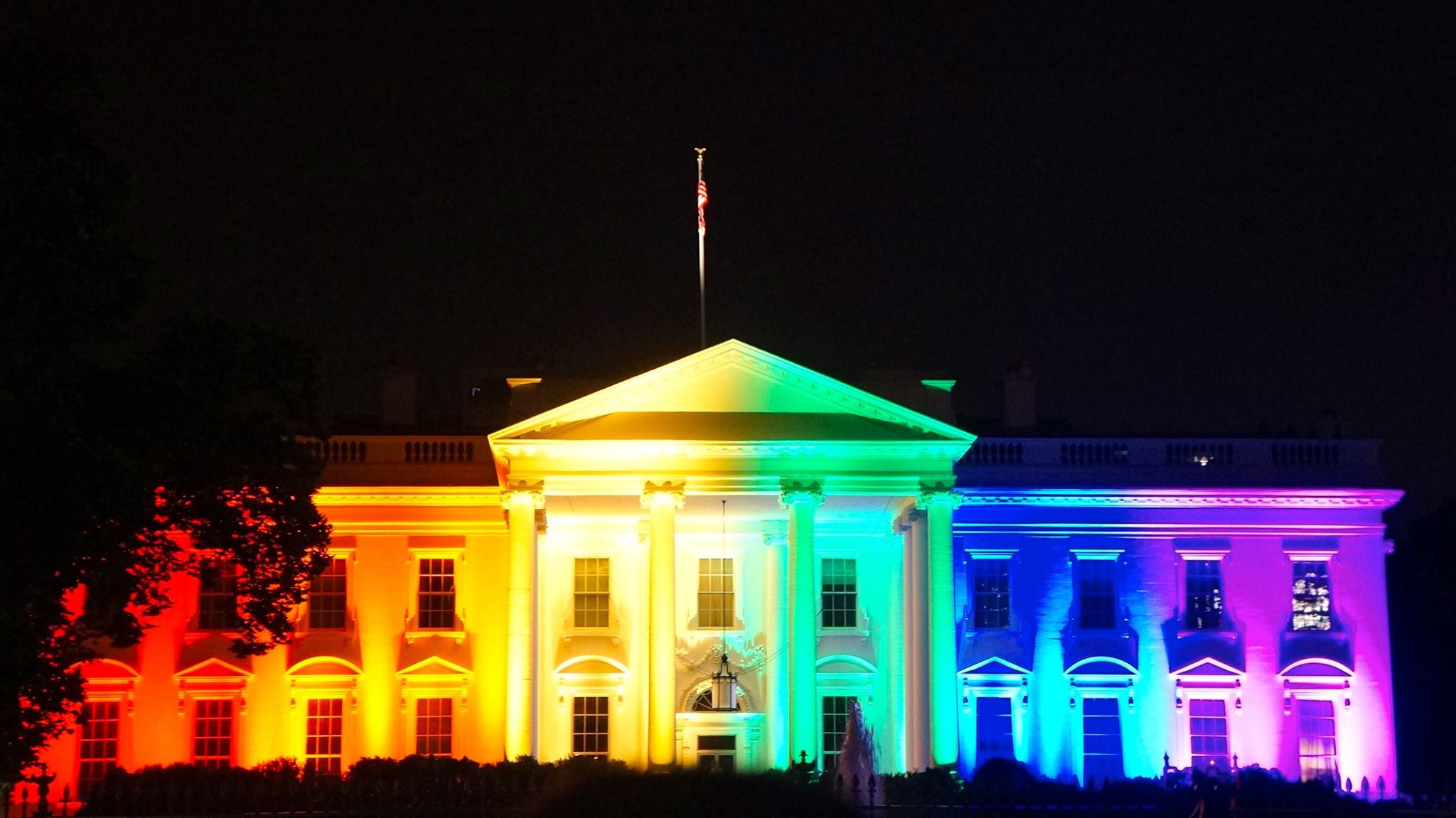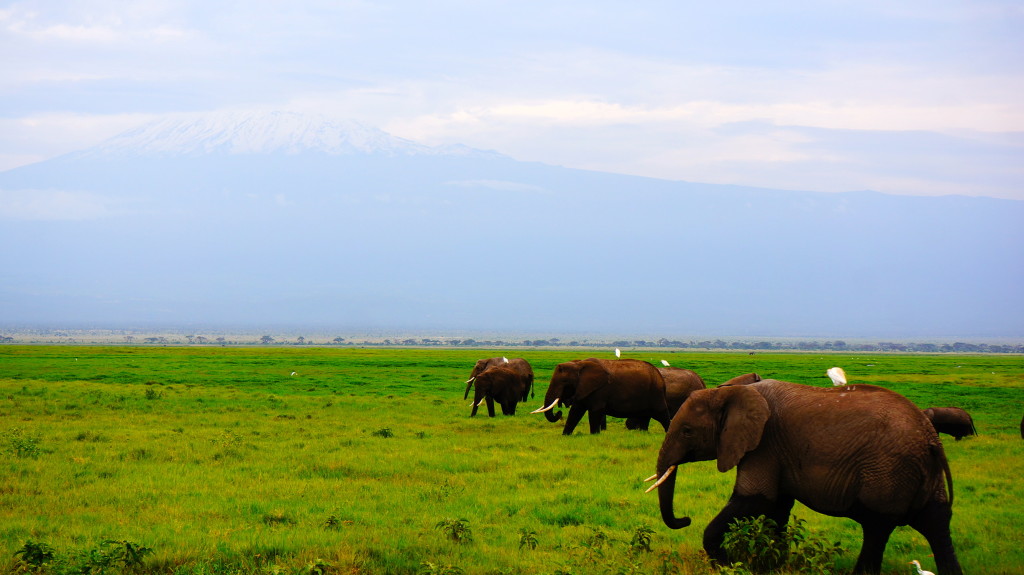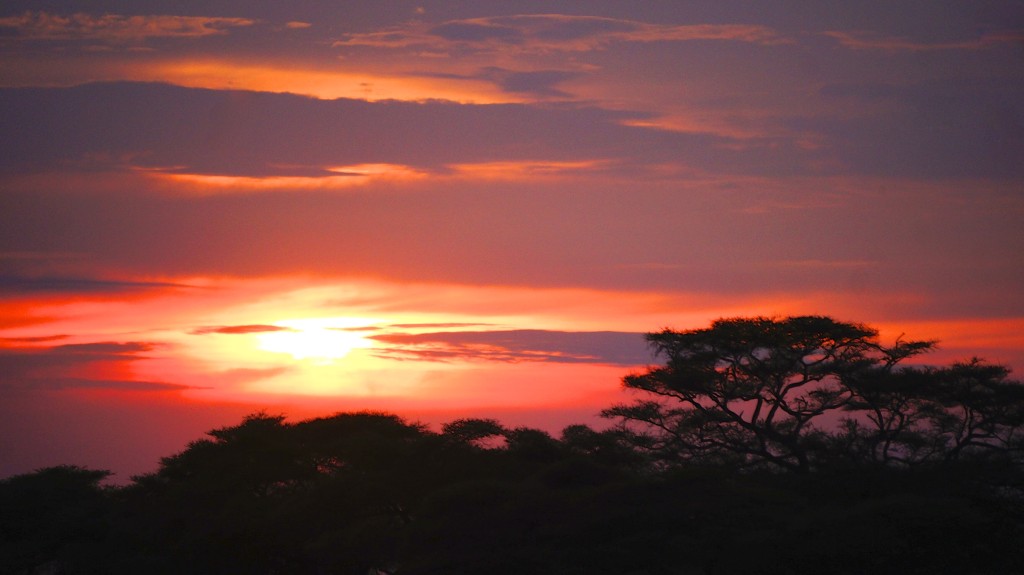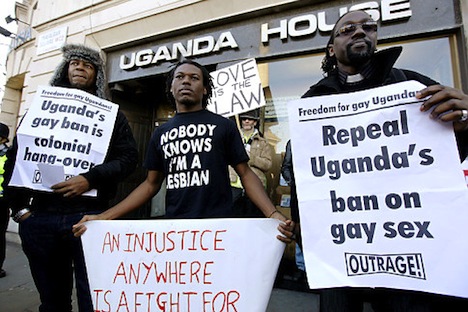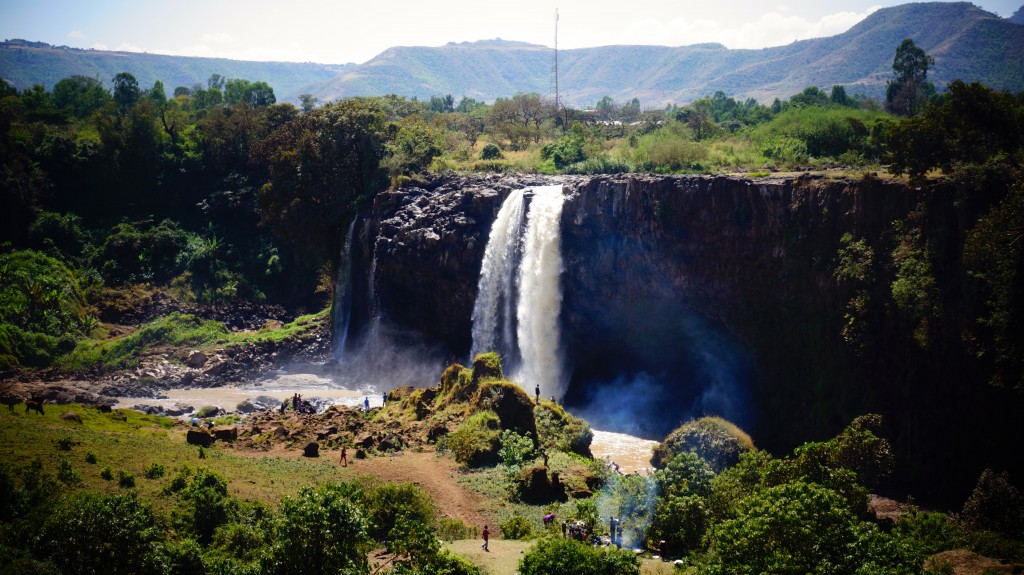
Bishop Christopher Senyonjo is an Anglican priest in Kampala. Ordained in 1964, Senyonjo served in the Church of Uganda, but was dissociated from the church in 2006, largely over his growing role as a voice of tolerance for LGBT Ugandans. Christened the ‘Ugandan Desmond Tutu’ by the Kampala-based tabloid Red Pepper last week when it included him on a list of Uganda’s ‘top 200 homosexuals’ (notwithstanding his wife and six children), Senyonjo runs a center for reconciliation and equality north of the city center. In the aftermath of Ugandan president Yoweri Museveni’s decision to sign into law a harsh anti-gay bill last Monday, which provides for a sentence of life imprisonment in the case of ‘aggravated homosexuality,’ Senyonjo discussed the plight of LGBT Ugandans with me last week.
On education about sexuality in Uganda:
CS: I’ve discovered the reality is you shouldn’t hurt people, you shouldn’t punish people for being what they are sexually. Sexuality is a very important component in a human being’s existence. So if you smother expressions of sexual being, it means you are killing that person. Regulating sexuality, I think, is important, because if people lure young people into something they’re not, it’s wrong….
But where people are consenting adults, and you punish them, it seems to me to be very dehumanizing. You may quote the Bible, you may quote Scripture…. But these things are quoted out of context. God created, and is still creating, so I think understanding people, how they live, why they live as they are, is important. That’s why I feel the most important thing we need to do is education. By education, we learn. We learn where we may be going wrong. That’s different rather than saying, ‘The whole category is condemned.’
On reconciling the church with human sexuality:
CS: My church, unfortunately, generally, doesn’t understand human sexuality…. But the point is for people to listen to each other, not just quote the Bible [at one another]. I’m a Christian also, I’ve taken theology courses, I’ve been in the ministry now for 50 years, but I can see that God is not such a God who is so harsh because of a person’s sexuality. God is loving, and if you love, you have to be compassionate. Try to understand the other person’s view, not say, ‘Don’t talk to me, I know everything about you.’ You should also listen to the other person. Unfortunately, the homosexuals, the general term we use, are usually not listened to. [Opponents] just condemn it. It’s difficult….
[Critics say,] ‘God doesn’t like for me to talk about my sexuality. Adam and Eve were just heterosexuals. Why can’t you talk about something else?’
They don’t think about in Adam, everything was there. Intrinsically in Adam, every possibility was there. When someone talks about Adam and Eve, I say, ‘What color was Adam and Eve? What height? What kind of eyes? So you think we are just copies of Adam and Eve? We weren’t.’ Every single possibility was there, and being manifested in Adam and Eve.
On Museveni’s request for Ugandan scientists to determine whether homosexuality has a genetic basis:
CS: I was impressed when our president said he’d consult scientists about this subject. And they gave him his views, which were generally really balanced. Unfortunately, [the president] just picked a point here and there, not looking at the whole report. I may not agree with everything the scientists said, but I appreciate what they did. When I read it, they were balanced.
But I don’t know how you can really measure love genetically. A human being is complicated. Let a human being tell you his or her story. Listen to the real story. What causes it? Is it real?
….But if you look at the whole report, even the science has a lot of things to discover. There was a time they talked about light traveling in a straight line [long before science discovered] quantum theory. Science is very flexible to discover things. When you’re a scientist, you’re open to new learning.
On counseling young gay Ugandans:
CS: [There’s] a young man — I won’t use his name, but he’s a typical one, I’ve watched him grow, I know him even today. He has lived, and now he’s happy, because he came to understand and accept himself. But he was a miserable young man because his parents, as he was growing up, thought he should get married. The young man did not. His younger brothers were getting married, and they looked around and said, ‘Look, there! Wonderful, beautiful girls, why don’t you get married?’
The young man didn’t care, he said, ‘I don’t feel like those girls!” They couldn’t understand. The mother was very worried, because she was getting old, the father had died, so they wanted to have [grand]children, which is understandable. The young man was worried, and they told him, ‘Go to church, talk to the pastor, he will help you repent, do this…’ So he did for a long time, tried to pray, fast and all that. But he was not changing. One pastor talked to him and [sent] him to me, you can go and talk to him about your ‘condition.’ He came. And we shared a number of conversations talking about how he felt and all that. I realized he was not pretending, he was a gay person. And I told him, ‘Accept yourself as you are.’ This was relieving, because he told me he was contemplating committing suicide. Because people were telling him, ‘Even God doesn’t love you unless you change’….
When I told him, ‘Accept yourself, God loves you as you are,’ that young man is still alive and very happy. It’s one example, but it’s a typical one. The mother continued to say, ‘My son, why don’t you get married?’ The mother was getting sick, and the young man was worried too. So this young man said, ‘Let me gather courage and talk to my mother. ‘Because the mother really cared and loved him. So he said, ‘Mother, I want to tell you something. I don’t love those girls you are talking about, you’ve been bringing around and all that. I’m gay.’
Oh! The mother broke down into tears, cried and cried, and the young man also cried. After crying, the mother said to the young man, ‘You are my son. You are different, but you are my son. I love you as you are.’ This was wonderful for this young man. After a few months, the mother became really sick and died. She is dead now, but the young man said, ‘My mother died happy, and I am happy she died knowing who I was, who I am.’
So when you hear and know people like that, and [Ugandans want] to send them to prison, maybe for life, because [they] have said, ‘genetics or whatever,’… for me, I don’t think you can determine the love of a person by what you call scientific methods. Love is a mystery. There are many mysteries, but they are real. So I feel sorry, because people are going to suffer — innocent people are going to suffer — if you implement this bill. Continue reading Uganda and LGBT rights: an interview with Bishop Christopher Senyonjo →

